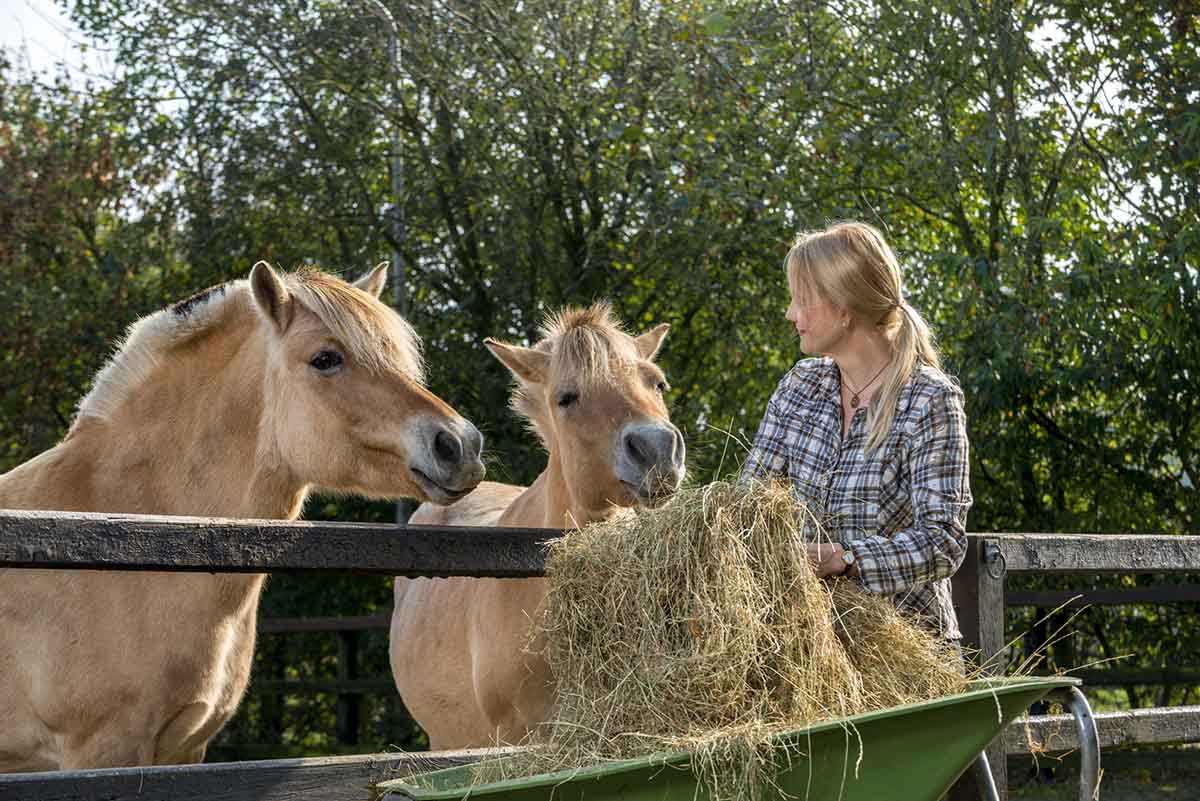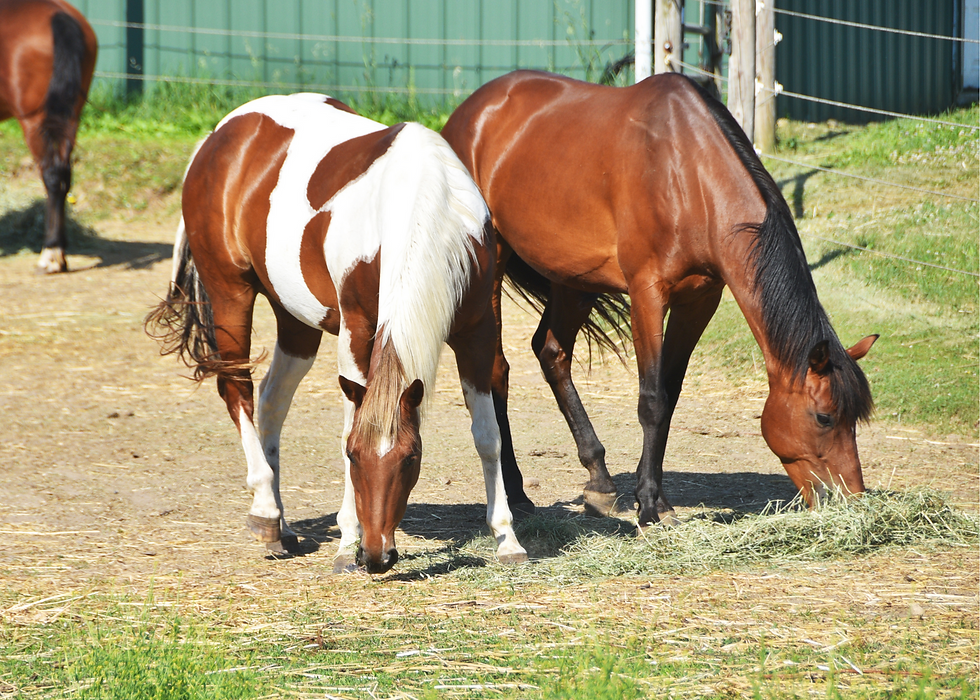When caring for horses, understanding the right horse feed for ulcers is crucial for their overall health and well-being. Ulcers are a common issue in horses, affecting a significant number of equines globally. Feeding your horse a diet tailored to this condition can make a huge difference in their comfort and recovery.
Peering into the world of equine nutrition, it becomes apparent that a well-planned diet is the cornerstone of managing ulcers. Providing horse feed for ulcers not only aids in healing but also prevents future occurrences by promoting a healthy gut environment. But what exactly should this diet entail?

What Are Equine Ulcers?
Understanding ulcers in horses is the first step. Ulcers, or lesions in the stomach lining, are often caused by an overproduction of acid. This can be exacerbated by stress, inappropriate feeding routines, or excessive use of non-steroidal anti-inflammatory drugs.
Common Symptoms of Ulcers in Horses
Watch out for symptoms such as poor appetite, weight loss, and changes in behavior. Horses may also show signs of discomfort during girthing or when being ridden.
The Role of Nutrition in Managing Ulcers
Nutrition plays a pivotal role in managing ulcers. Proper feeding strategies can help mitigate acid production and support healing.
One should focus on providing frequent, small meals that are low in starch and high in fiber. This kind of horse feed for ulcers encourages constant chewing and saliva production, naturally buffering stomach acid.
High-Fiber Horse Feed Options
High-fiber hay, such as alfalfa, is often recommended due to its natural buffering effect. Additionally, ensuring horses always have access to fresh water is essential.
Managing Stress to Prevent Ulcers
Stress management is also crucial. Stress can increase ulcer risk, so creating a stress-free environment and maintaining a routine can be beneficial.
The way a horse is kept can also impact ulcer development. Horses that are turned out frequently tend to have lower ulcer rates compared to those kept in a stall for prolonged periods.
Improving Stall Conditions
Ensuring a comfortable living environment with plenty of bedding and companionship can help reduce stress levels.
Dietary Supplements for Equine Ulcers
Including dietary supplements that support gut health can be advantageous. Look for supplements containing ingredients like pectin, lecithin, and probiotics which support gastric health.
It is important to consult with a veterinarian before introducing new supplements to ensure they are needed and appropriate.
Common Myths About Horse Feed and Ulcers
There are several myths surrounding horse feed and ulcers. One common misconception is that horses should only eat sun-dried hay. While hay is an important part of the diet, variety ensures a balanced intake of necessary nutrients.
Myth: Grain-Free Means Ulcer-Free
Another myth is that eliminating grains completely will prevent ulcers. While reducing high-starch foods is beneficial, grains can still be a valuable nutrient source if balanced with the overall diet.
Vets Role in Ulcer Management
Regular veterinary check-ups are important for ulcer management. A vet can recommend suitable feed options, supplements, and necessary medications to support health.
Ongoing Monitoring and Adjustments
It may also be necessary to adjust feeding strategies in response to changes in the horses condition, continuing to closely monitor their health.

FAQs on Horse Feed for Ulcers
What is the best hay for horses with ulcers?
Alfalfa hay is often recommended for horses with ulcers due to its natural acid-buffering properties.
How often should I feed my horse to prevent ulcers?
Frequent, small meals throughout the day can help reduce the risk of ulcers by promoting constant digestion and saliva production.
Are there any supplements that help with ulcers?
Yes, certain supplements like probiotics and lecithin can support gastric health. However, it is best to consult your veterinarian for advice tailored to your horses needs.
To learn more about horse diets and care, you may find this article on horse trainer helpful. Additionally, understanding different horse breeds and their care, such as Arabian Berber, can also contribute to overall equine well-being.
This article contains affiliate links. We may earn a commission at no extra cost to you.
